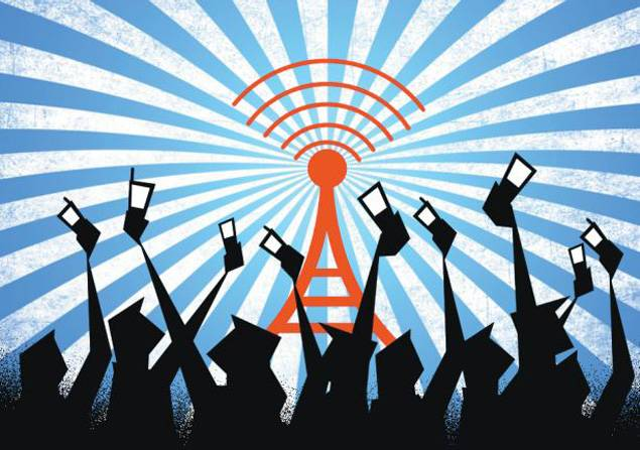How Internet Connectivity Improves People’s Lives in Developing Countries
Internet connectivity can help to improve access to information, opportunities, and services, and can contribute to the overall well-being and development of communities in developing countries, including:
- Education: Internet connectivity can provide access to a wealth of educational resources, including online courses, educational videos, and other materials. This can help to improve the quality of education and expand opportunities for learning, especially for people in remote or underserved areas.
- Employment: Internet connectivity can help people in developing countries to find and apply for jobs, as well as connect with potential employers and clients. It can also enable people to start and run their own businesses, providing a source of income and economic opportunities.
- Health: Internet connectivity can provide access to health information and resources, including telemedicine services, which can improve access to healthcare and lead to better health outcomes.
- Communication: Internet connectivity can help people to stay connected with friends and family, and to access news and information from around the world. It can also facilitate the exchange of ideas and facilitate collaboration with others.
- Political participation: Internet connectivity can provide a platform for people to engage in political discourse and participate in the democratic process, helping to promote transparency and accountability in governance.
Top 4 Ways ICTs Can Help Defeat the Ebola Crisis
The Ebola outbreak in West Africa is increasingly becoming an international crisis. Recently the World Health Organization counted 5,843 cases of Ebola patients...
Is Facebook Zero the Future of Public Internet Access?
Access to information is both empowerment and development. When two thirds of the world’s poor still lack access to the Internet, but three fourths have a mobile...
Accept the Smartphone Reality in Development. Everyone Else Has
Recently, Elvis Mushi of Twaweza, shared with me interesting mobile phone survey results from his Sauti za Wananchi program. I find them remarkable in two ways....
What Are the Industry’s Top ICT Hardware Challenges?
You are in a minority. Yes, you.
I single you out because, as you read this article online (perhaps on a phone or a tablet or even a MacBook Pro), you are part of...
No Electricity Means No Internet: It’s Time to Bridge the Gap!
“I came to Uganda to run the technical side of a mobile phone company. Instead, I was running the largest diesel fuel distribution company in the country—in...
Understanding Eritrea’s Exceptionally Limited Internet Access
There are generally two sides to how Eritrean ICT engagement are portrayed online:
One focuses on how, despite high Internet costs, rural communities are getting...
What Are the Best ICTs to Use in Disaster Management?
Thank you to everyone who listened in and participated in last week’s Twitter Chat! ICTworks is especially grateful to our main speakers, Glen Burnett, Lauren...
4 Reasons Why MTN’s $235,000 Internet Bus is Reinventing a Flat ICT4D Tire
TechMoran reports that MTN Uganda has spent $235,000(!) on an “Internet bus,” a mobile telecentre where a computer lab is installed in a bus to be driven...
7 African Mobile Phone Service Tariffs and Bundles
Across Africa, telecom operators have started bundling voice, SMS, and data services to maintain revenues in light of the increasing popularity of VoIP and mobile...
Technology Salon: How Are We Making Affordable Broadband Internet Access a Reality?
San Francisco Technology Salon: Sign Up to Get Invited
We all know that broadband connectivity is an accelerant for social and economic development. The last year...












